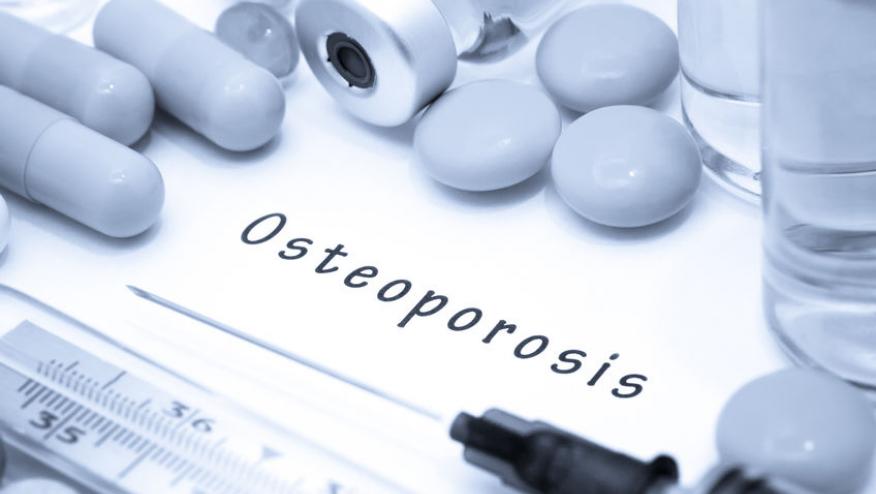Hormone Therapy for Postmenopausal Women Save

The NEJM weighs in on the problem of post-menopausal osteoporosis (OP) and tackles the use of hormonal therapy.
The decline in estrogen after menopause may increase risks for osteoporosis, cardiovascular disease, and cognitive decline. The use of hormone replacement therapy (HRT) to obviate these issues may be primarily driven by hot flashes in postmenopausal women.1
Who may benefit from Hormone Therapy among Postmenopausal Women:
- Women (<60 years or within 10 years of menopause) who have symptomatic menopausal hot flashes or night sweats may benefit from hormone therapy. There are nonhormone therapies may also reduce hot flashes (SSRI, and serotonin–norepinephrine reuptake inhibitors, gabapentinoids)
- For women with early menopause (without contraindications)
- Risk of thromboembolism and stroke is less with transdermal than with oral HRT (Observational studies)
- Compounded bioidentical hormone therapies are NOT FDA approved and are not recommended for safety reasons
- Hormone therapy is not recommended for primary or secondary prevention of coronary heart disease or dementia.
The potential cardiovascular and dementia benefits with postmenopausal HRT after the initial publication in 2002 of findings from the Women’s Health Initiative (WHI) that found an increased risk of cardiovascular disease, venous thromboembolism (VTE), and breast cancer in women on HRT.
The Food and Drug Administration (FDA) issued a boxed warning about the risks of cardiovascular disease and breast cancer that “estrogens with or without progestins should be prescribed at the lowest effective doses and for the shortest duration consistent with treatment goals,” and applied this warning to all doses and routes of administration for estrogen and progestogen products.
This NEJM article reviews the benefits and risks of menopausal hormone therapy overall and in specific groups of women.
For Vasomotor Symptoms:
Systemic hormone therapy remains the most effective therapy for vasomotor symptoms related to menopause. with no differences in effect between conjugated estrogens and oral or transdermal treatment.
Cardiovascular Risk:
The use of HRT may be related to “timing” as the cardiovascular benefit of HRT are best when started close to the onset of menopause (within 10 years) and more harmful when started further from the onset of menopause. There is a lower absolute risk of adverse events among women 50 through 59 years of age implies that hormone therapy may be beneficial.
Dosing and Administration:
Observational studies suggest lower risks of VTE and stroke with transdermal therapy (vs. oral therapy) and transdermal is preferable with obesity, hypertriglyceridemia or low libido. Bioidential hormones are not recommended.
The article further reviews the use of HRT in special populations - early menopause, with breast cancer, genitourinary syndrome, etc.










If you are a health practitioner, you may Login/Register to comment.
Due to the nature of these comment forums, only health practitioners are allowed to comment at this time.